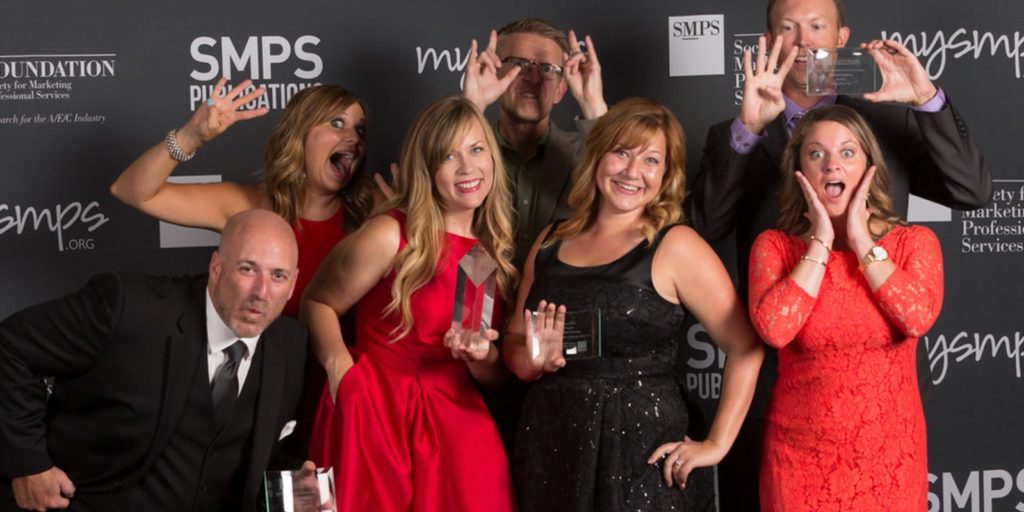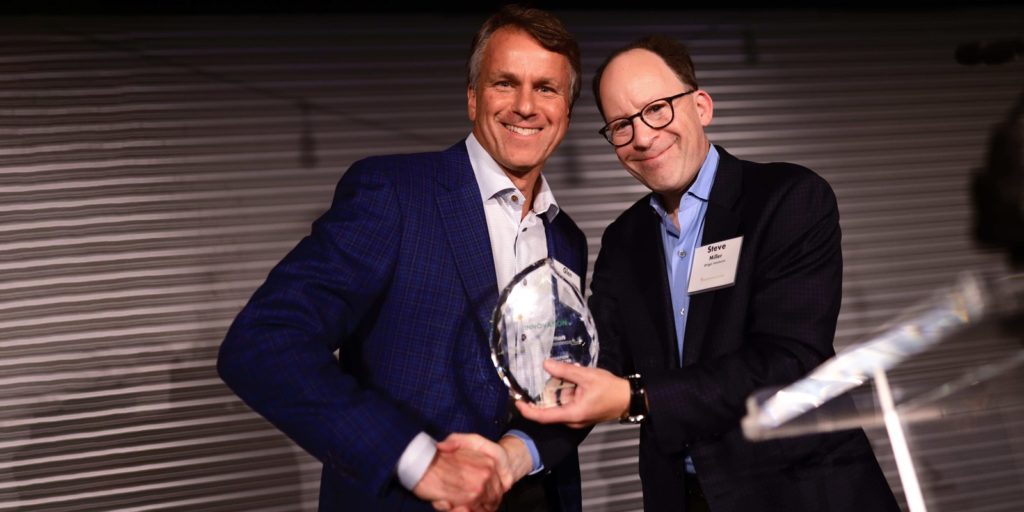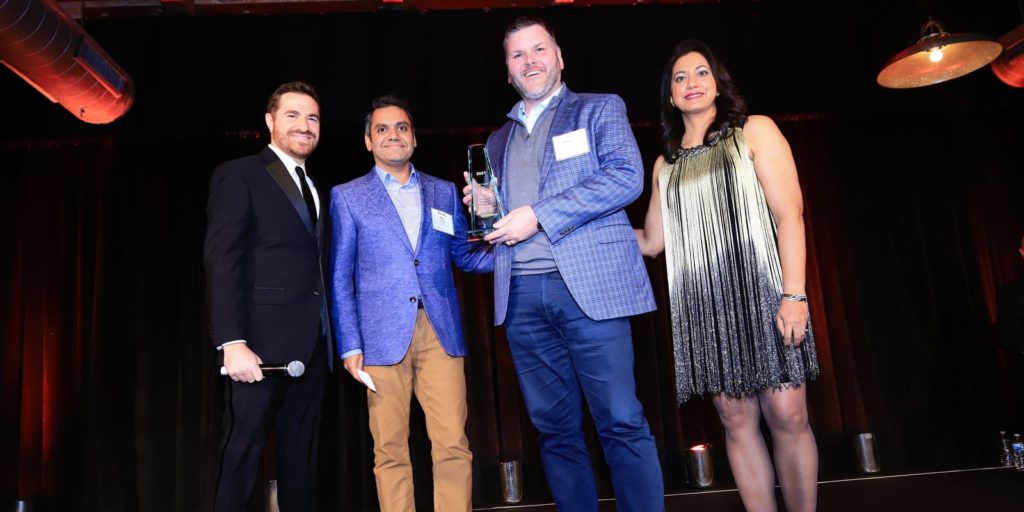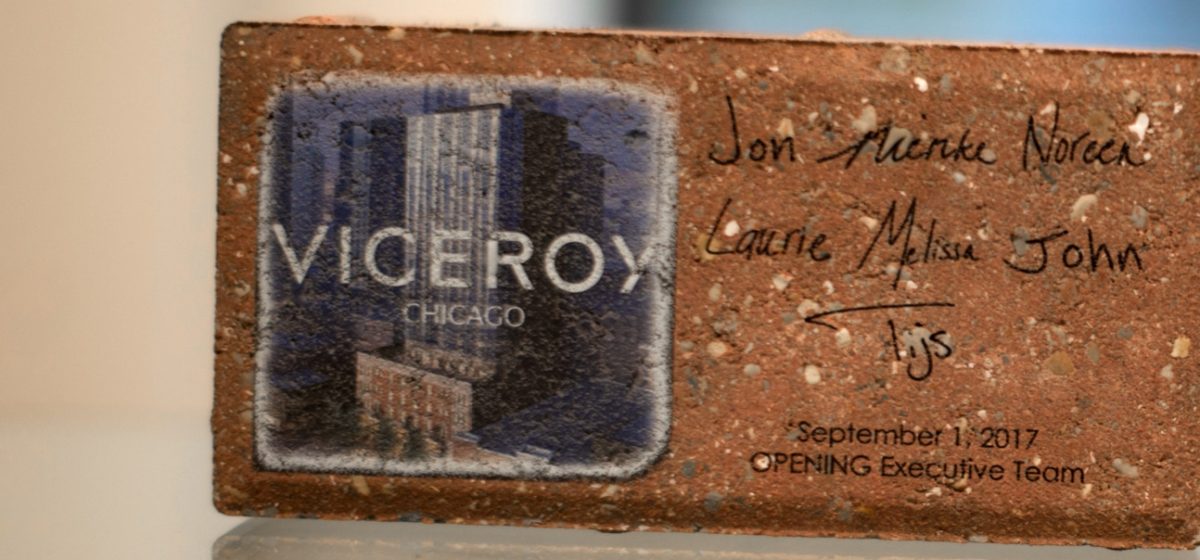Why is employee recognition important?
Launched in 1995, Employee Appreciation Day is an occasion dedicated to celebrating staff members, but why was it ever created? The term “employee recognition” is often thrown around in corporate spaces and used by thought leaders. From awarding soldiers with medals to creating trophies for sporting events, many traditions have affected the creation of employee recognition.
With our insight, you can find the answer to the question “Why is employee recognition important?” At Cristaux International, our team has been developing modern recognition programs for years. Whether honoring new hires or sales accomplishments, we’ve built a plethora of programs.
Why is employee recognition important? A short explanation
Employee recognition is important because it helps healthy businesses grow. By showing appreciation for staff members, a company can develop from the inside out. Also, recognition efforts help employees see themselves as valuable members of their organization. This confidence will help any team adapt to changes and reach new heights. Ultimately, employee recognition helps create a positive and inspiring company culture that propels the best businesses forward.

What are the benefits of employee recognition?
Employee recognition can be thought of as a magical elixir because of its countless benefits. When done right, incentives for employees can level up any team. By understanding the importance of employee recognition, leaders can use reward and appreciation to impact all parts of a business.
Increased Engagement
Motivation is an important driving factor for employee productivity. By encouraging team members with awards and prizes, they become more inspired to achieve. With a clear goal in mind, they will work harder and stay more focused to accomplish and grow with the organization.

Less Absenteeism
Recognition helps people feel happier and more valued at work. Also, it has a stress-relieving effect. With less worry and pressure, employees will be healthier and more present. Working in a place where they feel supported, staff will be more motivated to show up for their team.
Greater Employee Satisfaction
Receiving a recognition award or earning a special gift is a great feeling. With more positivity comes greater satisfaction. By setting up and maintaining a strong company culture, leaders can find and tailor programs to employee goals, needs, and wants. Personalized efforts are more effective and inspire greater feelings of belonging, trust, and joy.
Improved Collaboration
Teamwork makes the dream work. By celebrating individuals and groups, leaders can help people feel more confident and improve communication. For instance, departmental awards and goals can unite staff members behind a shared purpose or project.

Increased Customer Satisfaction
Happy employees make happy customers. The more good days you create for staff members the more positivity they’ll spread to your clients, users, followers, and patrons. A positive internal culture is the basis for business growth and is the foundation for greater success.
Higher Retention
Recognition programs help create a workplace family. Displaying appreciation for employees makes them feel more supported and valued, so they want to stay with that organization. Less turnover is a strong sign of a successful business. Overall, staff members stick around because they are consistently motivated and well taken care of.
More Talent Attracted
Last but not least, effective employee recognition attracts high-quality talent and more applicants. People search for companies that support and inspire their employees. By developing great appreciation efforts, leaders can grow their team and make strong additions.

What types of rewards and employee recognition are there?
Employee recognition programs come in many shapes and sizes because each organization is unique. However, there are notable types of employee recognition. These different kinds help leaders understand which form of appreciation staff members prefer.
Peer-to-peer recognition
Recognizing one’s closest teammates can often feel the most personal. This type of recognition honors those who you work with every day. Our closest peers know us best at work, and what they think may hold greater weight than that of a distant colleague.
Supervisor-to-peer recognition
Leaders are the superstars of their organizations. Their actions influence the attitudes and behaviors of those working for them. To be a positive role model at work, it’s important to learn how to show employee appreciation. These skills are crucial to building a confident and collaborative team. Supervisor-to-peer recognition is a powerful tool for building connections across levels and departments.

Private recognition
Some team members prefer to be complimented and rewarded privately because they don’t like attention on them. To respect their wishes, leaders can message or speak with them one-on-one and avoid public displays of appreciation. By going the extra mile and adapting to teammates, you can strengthen personal relationships.
Public recognition
Whether organizing an awards event or complimenting someone’s work in a remote team meeting, public recognition can help inspire honorees and others to achieve more. Big events give people an opportunity to commemorate one another. Occasions like these can become cherished traditions for any organization.
Find ideas to elevate a virtual awards ceremony.
Promotional
One specific form of recognition is giving a staff member a promotion. This can inspire healthy competition and instill a passion to grow within teammates. Additionally, consider offering dedicated employees a choice of client or project. This effort isn’t as big as offering a promotion but still rewards hard work.

Monetary
Monetary rewards include compensation and anything of economic value. This kind of recognition is popular because its worth is easily understood. Common examples include pay raises, bonuses, and gift cards. Also, added company benefits can be highly motivating for staff.
Informal
Everyday recognition at the office is quite casual yet crucial to building a culture of appreciation. Day-to-day actions may seem small, but they go a long way. Writing thank-you notes, inviting someone to lunch, or telling a colleague “Good work” on a project are all great examples of how effective recognition is easily doable.
Learn how to develop remote employee recognition for your team.
Formal
Formal recognition programs often come in the shape of award events. However, these occasions can celebrate a great variety of accomplishments. For instance, an organization can celebrate leading sales team members with President’s Club awards.
Discover award ceremony ideas to create an unforgettable event.

Years of Service
A years of service award program honors employee work anniversaries. This type of recognition does a great job at increasing employee retention, by celebrating an employee’s history with their company. Consider gifting recipients with personalized plaques or branded gifts.
Custom Awards
Able to elevate any program, custom awards are one of the most special forms of tangible recognition. They can honor any achievement and can level up any event. Also, having a physical reminder of an employee milestone is always nice to admire for a long time.
How to set up a great recognition program
Now that we’ve covered the importance of awards and recognition for employees, it’s time to dig into how to develop recognition programs. With guidance and helpful tips, leaders can start appreciation efforts that can inspire a stronger team and business.
Find ideas on how to create an employee recognition program.
Identify a goal
The best programs are clear and strategic. By deciding on the aim of a program, it’s easier to focus on which specific behaviors to recognize and what awards or prizes to give. Also, consider tying in company values to help create a cohesive culture.

Use data
Objectivity is crucial when deciding award recipients. It helps cut bias and gain employee trust. By using data, employee goals can be easily tracked. For instance, consider collecting employee start dates to measure how long each staff member has worked with the organization and to set reminders to give out service awards.
Include everyone
A company culture is not positive unless it involves every person in a team. Inclusivity and diversity are essential values for supportive and growing businesses. Recognition programs can include contests that everyone can compete in and honor diverse accomplishments.
Be consistent
If recognition programs lose consistency, then workplace appreciation begins to dwindle. By regularly celebrating colleagues, recognition becomes routine and a central part of company culture. For example, monthly and quarterly awards are great tools to keep up team morale.

Conclusion: Why is employee recognition important?
By answering the question “Why is employee recognition so important,” we can better understand the impact of a positive workplace culture. Also, it’s easier to put together an action plan for one’s own team and appreciation efforts. From there, any organization can reap the benefits of clear and compelling recognition.
Contact Cristaux to begin creating your employee recognition program today.
FAQs: employee recognition
You may have some questions that need answers, so we’ve provided information on frequent questions from people like you. If you can’t find what you’re looking for below, visit our FAQ page or contact our team.
Why is Employee Appreciation Day important?
Employee Appreciation Day is important because it is a special day reserved for staff appreciation. Also, it reminds us to show gratitude for team members and leaders. You can celebrate this recognition holiday by hosting a luncheon or granting added paid time off. Find more Employee Appreciation Day ideas.
What companies have the best employee recognition programs?
Companies with stellar employee recognition programs include Airbnb, Zappos, Target, and Unilever. These organizations do a great job of incentivizing their staff members with different types of rewards. Also, they manage programs that celebrate diverse achievements, include all employees, recognize consistently, and relate to company values.
